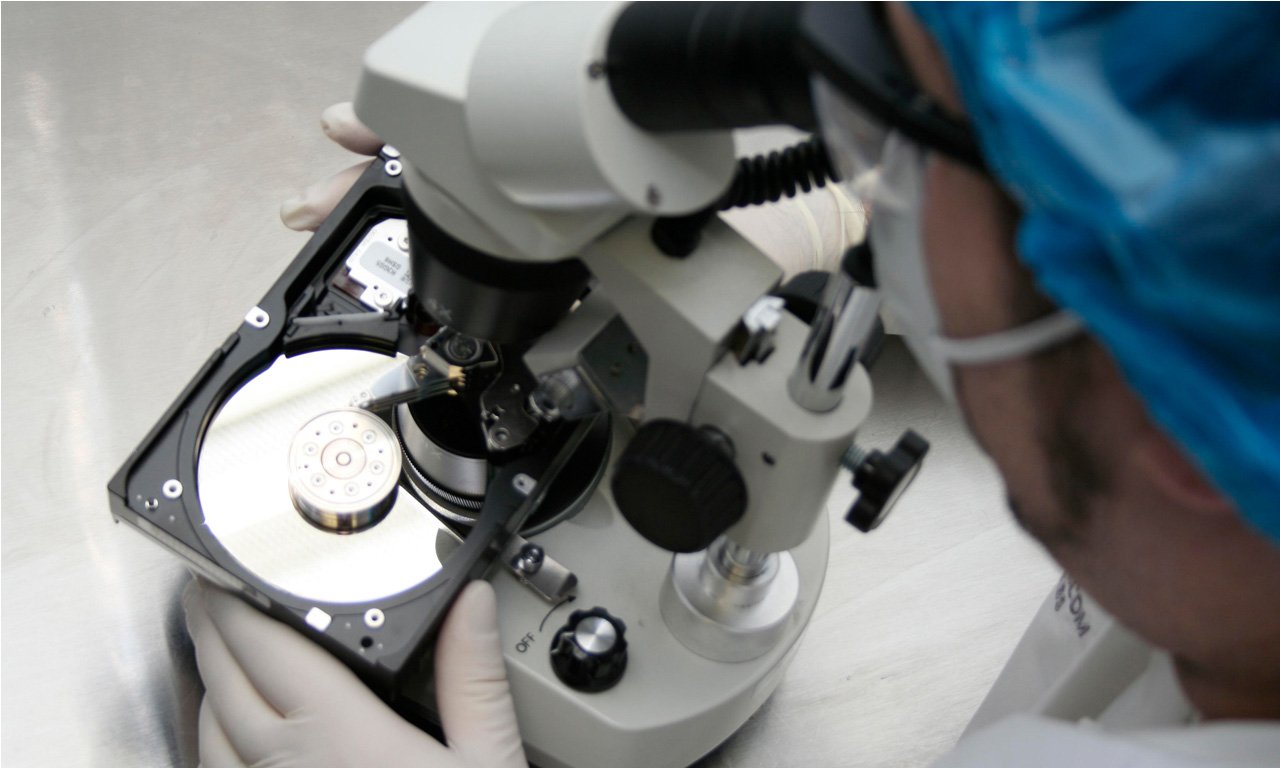Data Recovery for Healthcare and Hospitals
By Matt Brennan
Human error, technology failures, and weather can all throw a kink into an established routine.
This makes data recovery for healthcare a necessity. It’s an industry where lives literally depend on the availability of plentiful information. Data recovery plans help employees to understand what to do when that critical data isn’t immediately accessible, and how to regain access.
Problems can arise without warning, and when they do, it’s good to have a data recovery plan in place.
Eliminate Unnecessary Risk in Your Healthcare Organization
When there is technological downtime in a healthcare facility or a hospital, lives literally hang in the balance. Organizations lose money. Depending on the particular risk facing your organization, HIPAA compliance and patient records may also be placed at risk.
Putting a detailed data recovery plan in place can help you to eliminate much of this unnecessary risk. Organizations may not always want to factor this type of planning into their annual budget. But if you’ve ever faced data loss or a similar technology crisis, you understand the jeopardy this can place your organization in.
When There’s No Data Recovery Plan in Place
Healthcare service can slow down considerably when your front-line medical staff doesn’t have access to patients’ medical histories. It’s hard to maintain a high level of service when staff and patients both become frustrated with the process. Data recovery plans can help you to have a plan in place when the electronics and technology we depend on are rendered inaccessible for unanticipated reasons.
When real-time care information is placed in jeopardy, and employees are working without access to patient records, the quality of care is also at risk. For example, think about a patient who needs a new medication. This would mean that doctors and nurses would not have access to their other medications to monitor interactions, or a proper dosing schedule. This is all crucial information in the context of care.
The Importance of a Data Recovery Plan
A proper data recovery plan is an insurance investment in your organization’s future. Not only will it help protect your patients, it will help you maintain HIPAA compliance, and can help you keep your reputation safe as you deal with sensitive information on a moment-to-moment basis. (Consider what happens if sensitive patient information is left exposed.)
Regular testing of the plan, on at least an annual basis (if not more frequently), can help ensure that your organization can survive a data crisis.
If your organization is missing important data, it’s important to understand that there are recovery options. While recovery software imposes additional risks, an experienced data recovery company may still be able to help you extract missing data off the software in question. If you have any questions, or would like to discuss your organization’s situation, contact us today!





















Great company!
I think it is the best company in the world regarding data recovery. They take all types of recovery cases with great responsibility and ensure they work with the best possible solution for your specific case. I highly recommend it.
Superb effort
Superb effort from werecoverdata. I had no idea how to fix it when I faced a horrible problem with my RAID NAS. But they solved it very quickly and superbly. I recommend them!
Fantastic results
Thanks to all staff of werecoverdata for excellent work and for getting my company data back! I got frustrated when a deadly drop damaged my hard drive. But they solved it!
Thanks
Few days ago my raid server is crashed dangerously. It was not starting any more. I tried in a various way whatever I know but I could not fix it. My uncle told me about WeRecoverdata. Then contact with them and they repaired it. Thank you guys.
Recover service
Those are suffering bad experience of getting a reliable and professional recovery service provider, definitely, they can choose werecoverdata. I highly recommend it.
Thanks a lot
The location is a bit hard to find out but eventually, I did. They recovered my hard drive, which was mostly dead. Thanks a lot.
Great response
Definitely weRecover team is great to solve that kind of hard drive problem. Great response and remarkable. They recovered my all data successfully within short time. I wanna give special thank to David. Thanks a lot man.
Liked Your Service
I have been using my HP laptop since 2016. Few months ago I could not open my laptop. After pressing the power button its showing nothing. My friend told me about that company. They recovered my laptop. Now its working perfectly. Thanks a lot WeRecoverData.
Pretty good experience
It was really pretty good experience. They are so professional, punctual and reliable. I strongly recommend it.
Remarkable Work
A lot of thanks to werecoverdata. You did really remarkable work. I was frustrated when lost my important data from a hard drive. I sent my hard drive to WRD then they got all the data back. At first, I couldn’t believe anyone can recover it since my computer tech said he can’t do it. All credit goes to werecoverdata.
Gorgeous service
Fantastic service from all the guys at werecoverdata. I was having pressure when corrupted data from my hard drive .Then I went there and they fixed it superbly.Thanks for removing the pressure!
Extremely well
I faced horrible problem but they solved it extremely well.My problem was that hard drive crashed dangerously.At this moment I thought the sky was broken on my head.Thank you for that.
Sensible
Thanks to WeRecoverData. You fixed the hard drive problem promptly. I am impressed… Anybody can rely on werecoverdata.
Well done
Thank you
Great work
Obviously great work from werecoverdata.Definitely no doubt about this company because they take seriously to solve any kinds of problem.I have lot of assurance at them.A lot of thanks to them.
Fantastic work
Oh Tom really fantastic work. You saved my important days. Raid 5 server damaged dangerously few days ago. But you fixed it well. Thank you for that!
Great efforts
All credits goes to werecoverdata for recovering raid server.I thought impossible to repair it but they was taken sensible and fixed it.Now I can fully trust on werecoverdata.All thanks to them.
Helpful Work
Werecoverdata, you did a really very helpful work.I was angry when my hard drive got dropped from my mistakes. I recommend the company and give a lot of thanks to werecoverdata.
Best service
After my hard drive crashed I was going to be totally mad. One of mu cousin suggested me to meet that company. I did and got the best service ever I had.
Remarkable Job
AWESOME service from WeRecoverData. I was almost mad when my pc crashed. A lot of valuable data in my hard drive. One of my friend recommend it. I thought it will not be possible.
But after all I got back my all data. Thank You WeRecoverData.